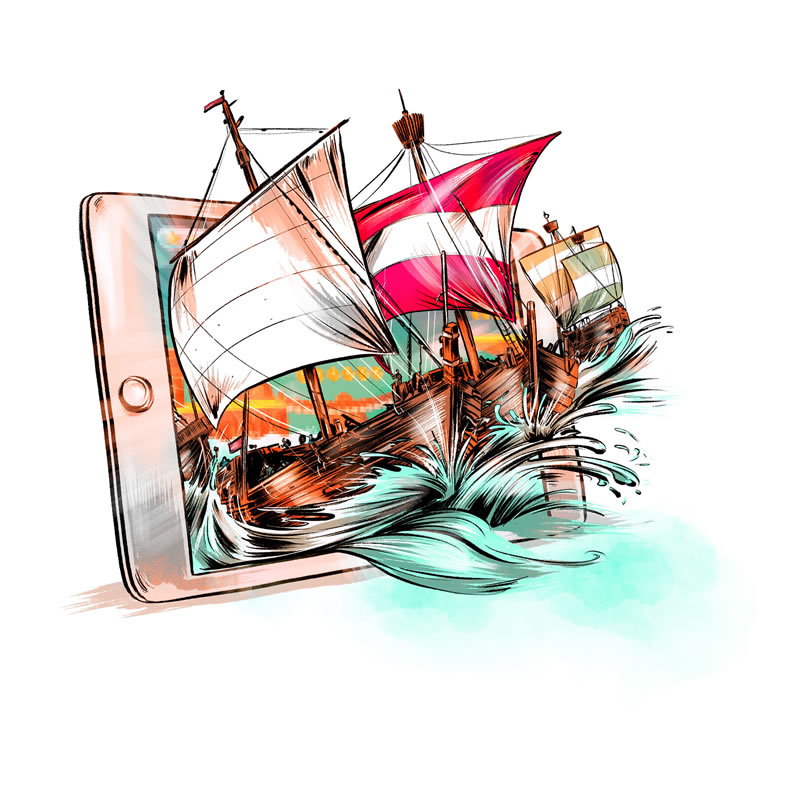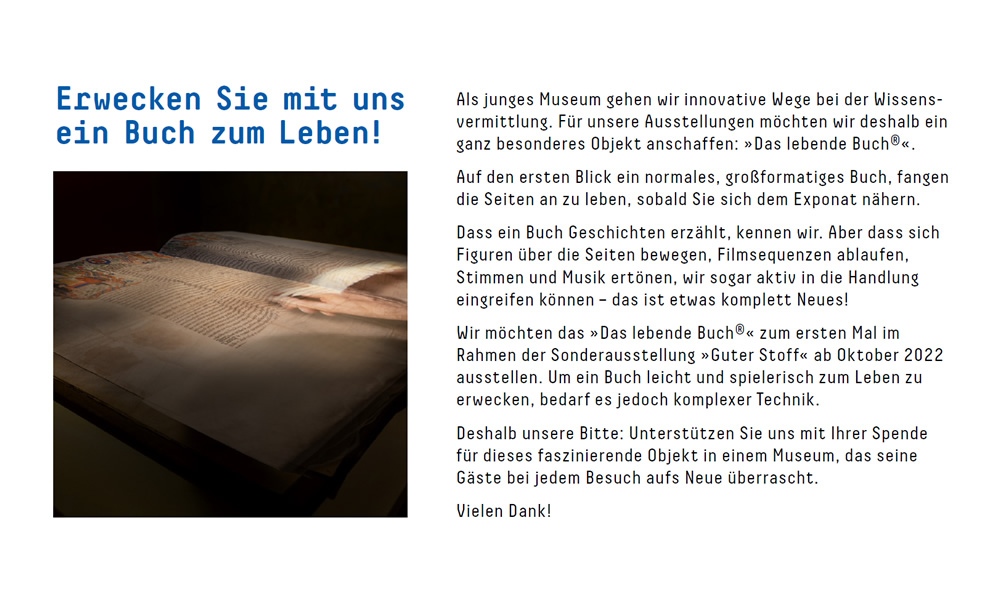Upcoming exhibitions
2024

Getting from here to there – navigation with a compass or GPS
When we think of a navigator, we may have in our mind’s eye a sea captain, tanned by wind and weather, on the bridge of his ship, charting a course with his navigation equipment.
However, that is only one aspect of the subject. To navigate means to orientate oneself, to choose a destination and the way to get there. Just like a hiker plans their route on land or a child finds their way to school. These journeys have a starting point, a destination and a few intermediate stations as landmarks. Determining these points and following a set path is the essence of navigation.
The exhibition is adapted to children’s different ways of learning new things. It enables them to approach the contents and absorb information in a self-directed and playful way. The game stations also allow accompanying adults to “get on board” and encourage a process of joint discovery, shared experience and experimentation.
2025

Hanse for gamers
In 1938 the cultural historian Johan Huizinga identified the figure of homo ludens, or the human being at play. In his theory he describes people as playing creatures, who learn the cultural skills and rules of social coexistence through play. Play shapes and creates culture and promotes socially relevant discourse.
Games today are more widespread than ever before.
Millions of visitors attend exhibitions of video games and sales figures show that digital games are played by people of all generations. At the same time there are more and more fans of analogue games. Many people spend some of their leisure time on live-action or pen-and-paper role-playing games, living history enactments or simply board games. Sales figures have been rising for years and games are increasingly created on a crowdfunding basis with the involvement
of their future players.
There is no denying the general and historical relevance of games, or their function as a vector for shaping images of history. At the same time there is a risk that their narratives blur the line between fantasy and actual history. So what role can games with a historical background play for the analysis of real medieval history? How much fiction can a game include while still offering a realistic interpretation of the past? And can games be considered as a historical source in their own right?
